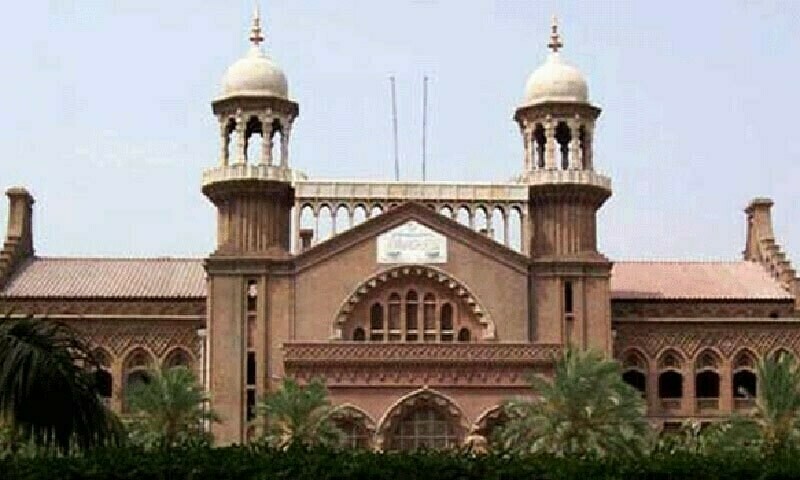LAHORE: The Lahore High Court (LHC), Rawalpindi Bench, has dismissed a petition challenging the initiation of an anti-circumvention investigation by the National Tariff Commission (NTC) into imports of two-side coated bleached boards from China.
Justice Jawad Hassan at Rawalpindi bench passed a detailed judgment on the petitions filed by M/s Ejaz Brothers and others, ruling that the petitions were premature and not maintainable.
The judge noted that the NTC had merely initiated a preliminary inquiry and issued a general notice, seeking comments and evidence — no adverse action had yet been taken.
The NTC’s investigation, initiated in May 2024, follows complaints by domestic manufacturers—Century Paper and Board Mills Limited and Bulleh Shah Packaging (Pvt) Limited — alleging that Chinese exporters were circumventing existing anti-dumping duties on coated bleached board by slightly modifying the investigated product and declaring it as two-side coated bleached board.
The petitioners argued that their imports were correctly classified and cleared by the customs authorities, and that the NTC had acted without jurisdiction. The petitioners were represented by advocates Shafqat Mehmood Chohan and Wasiullah Surrani.
Advocate Waqas Amir, the counsel for the NTC, also objected to maintainability of the petitions on the grounds that the petitioners had efficacious and alternate remedy available under the Anti-Dumping Duties Act, 2015 and that the petitioners were not aggrieved parties in terms of Article 199 of the Constitution because no adverse action or order had been passed against them. He argued that the NTC had only initiated the investigation, which was at the preliminary stage and once it passed the determination, the aggrieved parties would have the remedy to file an appeal before the tribunal established under the law.
In his judgement, Justice Hassan observed that under the 2015 Act, the NTC was fully empowered to initiate such investigations and that the matter was still at an early stage.
Citing settled principles of law, the judge maintained that show-cause notices or investigative steps do not amount to final orders and cannot be challenged unless issued without jurisdiction or in bad faith.
The judge advised the petitioners to participate in the ongoing investigation by submitting their responses and evidence to the NTC. He noted that similar positions had been taken by the Sindh High Court and the Peshawar High Court in related matters, highlighting the judiciary’s consensus on discouraging premature constitutional petitions when alternative remedies existed under special laws.
Justice Hassan observed that the NTC, as a regulator, was empowered to investigate practices that circumvent anti-dumping duties, including slight product modifications, misclassification, or routing goods through third countries.
He highlighted that anti-dumping investigations and anti-circumvention proceedings were distinct trade remedies aimed at addressing unfair trade practices and ensuring compliance with existing measures.
The judge observed that the impugned notices were a general invitation for interested parties to present their views and evidence and no adverse order had been passed against the petitioners.
He emphasised that the investigation was at a preliminary stage, and the petitioners had adequate remedies available under the Anti-Dumping Duties Act, including the right to appeal before the Tribunal under Section 70 of the 2015 Act.
Justice Hassan reiterated that the high court cannot resolve disputed questions of fact in its constitutional jurisdiction and that the petitioners should exhaust the remedies provided under the law.
Published in Dawn, May 17th, 2025


